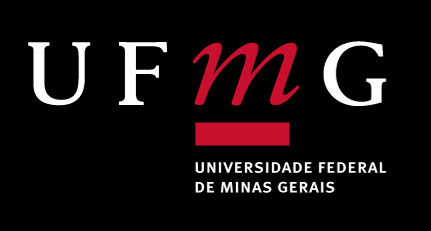A evidência de práticas orientalistas como instrumento do imperialismo no pós-11 de Setembro
DOI:
https://doi.org/10.35699/2237-549X..13361Keywords:
Imperialism, Orientalism, Edward Said, ethnocentrism, the terrorist attacks of September 11Abstract
The imperialist rhetoric has long been in the service of a mission civilisatrice morally justifying the subjugation of one people by another. This strategy passed by the derogatory stereotyping that relied on a proposal strongly ethnocentric. Professor Edward Said, one of the exponents of postcolonial studies, suggested the term “Orientalism” that would be a way of approaching the East – specifically the Islamic world – based on Western European experience. Through its accurate critique, the teacher presents the different ways to consolidate imaginary that were in the service of European imperialism. With decolonization and after the end of the Cold War, a rescue of the orientalist approach coincides with the position of the Islamic world as an obstacle to Western aspirations. The strengthening of Orientalism becomes even more pronounced after the terrorist attacks of September 11, 2001. The article aims to point out the rescue Orientalist evidence in the contemporary world as a form of moral justification for imperialism. The following text it is an attempt to show that the hegemonic discourses are serving less noble causes that dress supposed universal values.
Downloads
References
BADIE, Bertrand. Um mundo sem soberania: Os Estados entre o artifício e a responsabilidade. Lisboa: Instituto Piaget, 1999.
CHOMSKY, Noam. 11 de Setembro. Rio de Janeiro: Bertrand Brasil, 2002.
EAGLETON, Terry. A ideia de cultura. São Paulo: Editora Unesp, 2011.
HUNTINGTON, Samuel. O Choque das civilizações e a recomposição da ordem mundial. Rio de Janeiro: Objetiva, 1997.
KLUCKHOHN, Clyde K. M. In: GEERTZ, Cliford. Thick Description: Toward an interpretive theory of culture. In: Price, Patricia L. and Oakes, Timothy S. The Cultural Geography Reader. New York: Routledge, 2008.
LEWIS, Bernard. Os assassinos: os primórdios do terrorismo no islã. Rio de Janeiro, Jorge Zahar, 2003.
______. O que deu errado no Oriente Médio? Rio de Janeiro: Jorge Zahar, 2002.
______. A crise do islã: Guerra Santa e Terror profano. Rio de Janeiro: Jorge Zahar, 2004.
______. A descoberta da Europa pelo islã. São Paulo: Perspectiva, 2010.
PERES, Shimon. O Novo Oriente Médio. Rio de Janeiro: Relumé Dumará, 1994.
RAMO, Joshua Cooper. The Age of The Unthinkable. New York: Hachette Group Book, 2009.
ROSENDHAL, Zeny. Espaço e Religião: uma abordagem geográfica. Rio de Janeiro: EdUERJ, 1996.
SAID, Edward. Cultura e Imperialismo. São Paulo: Companhia das Letras, 2011. ______. O Orientalismo: o oriente como invenção do ocidente. São Paulo: Companhia das Letras, 2007.
TSEBELIS, George. Jogos Ocultos: escolha racional no campo da política comparada. São Paulo: Edusp, 1998.
TUAN, Yi-Fu. Topofilia. São Paulo: Difel, 1980.
______. Paisagens do Medo. São Paulo: Unesp, 2005.
WALLERSTEIN, Immanuel. O universalismo europeu: a retórica do poder. São Paulo: Boitempo, 2007.
Downloads
Published
How to Cite
Issue
Section
License
Copyright (c) 2013 Leonardo Luiz Silveira da Silva

This work is licensed under a Creative Commons Attribution 4.0 International License.
Os artigos desta revista obedecem a licença Creative Commons — Attribution 4.0 International — CC BY 4.0









